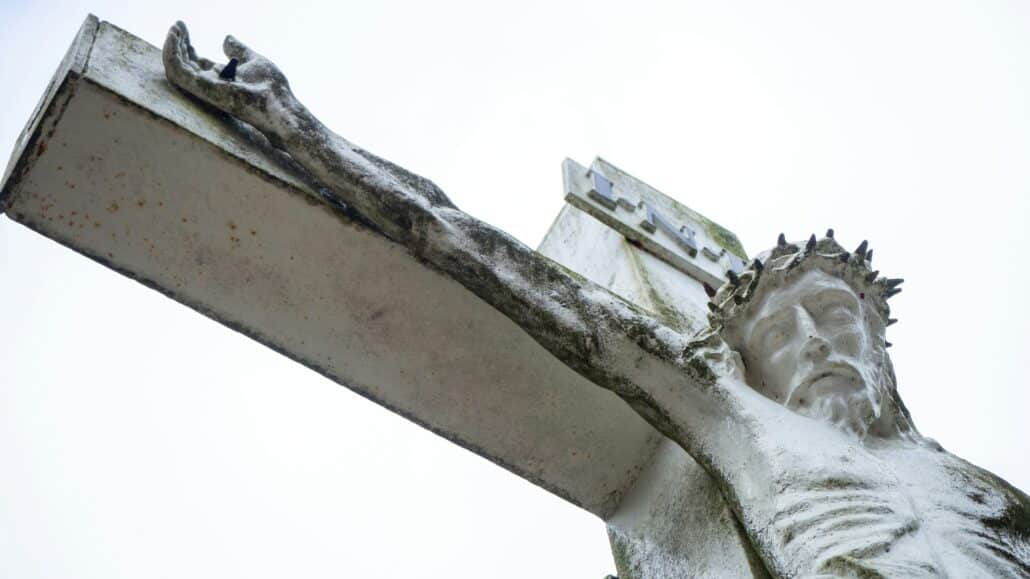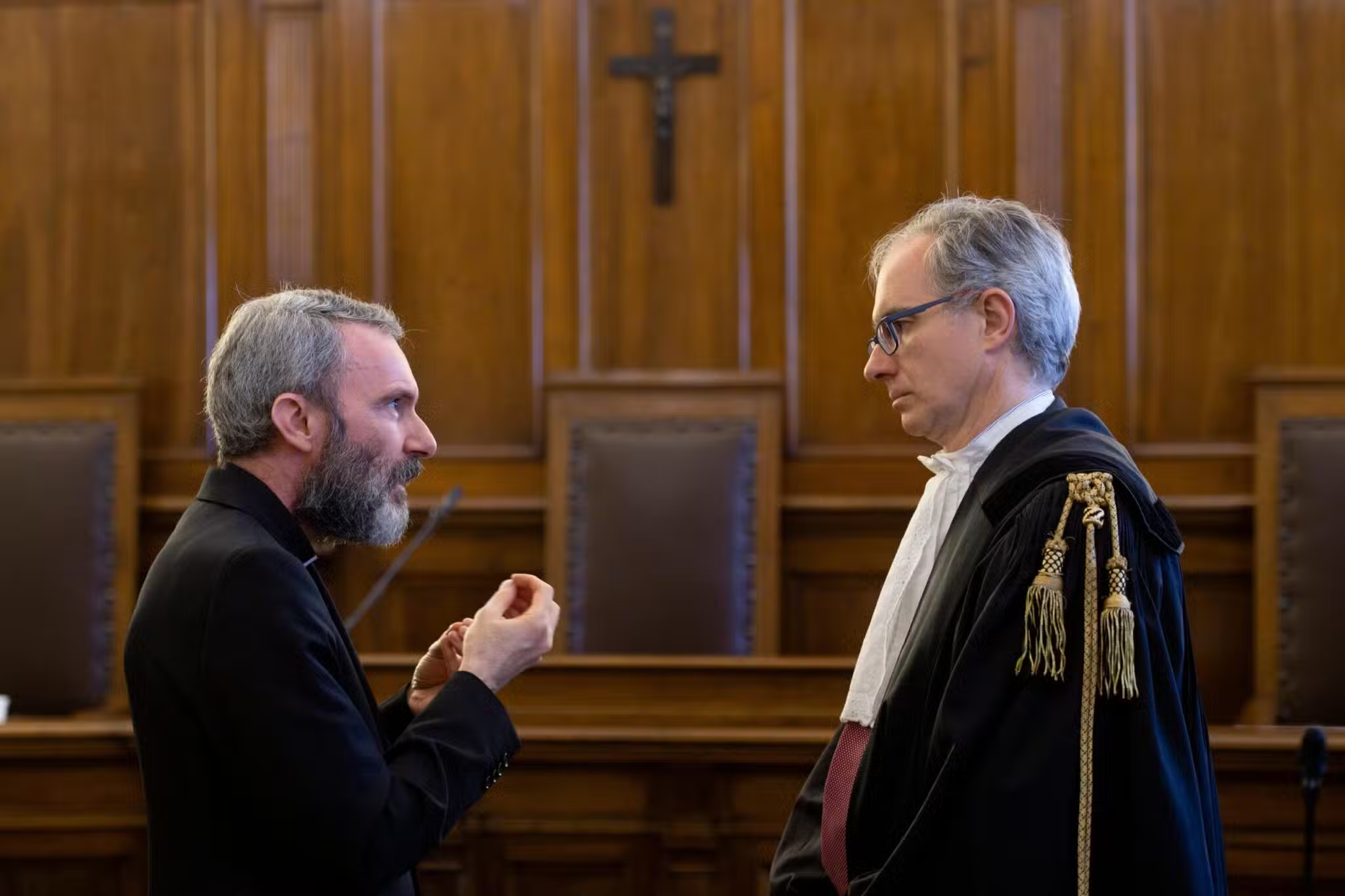Guilty by association.
While a concept that does not stand up in a court of law—one cannot be charged with a crime simply by being associated with a criminal—we know that it is a very powerful force in the court of public opinion. When someone does something bad, the moral character of everyone around them is called into question.
No clearer example of this can be seen than that of social groups in high school: cliques. Despite the fact that each and every one of us is a unique set of thoughts, feelings, and actions, transcending simple categorization or affiliation, we cannot escape the corporate identities we take on. Nerds. Jocks. Preps. Partiers. Liberals. Conservatives. Religious. And so on. In our association with others—superficial or meaningful—our individual identity is unavoidably and irreparably shaped by the people around us: Like it or not, who they are, how they act, and what people think of them will tremendously influence what people think of us.
While our lives as followers of Jesus cannot fairly be compared to a high school clique, the effect it has on our identity is spot-on.
In our Gospel reading this week, we hear of a man born blind. Blind since birth, everyone has assumed that he is so because of sin. Jesus does not agree: the man was born blind in order reveal the glory and power of the Father. Spitting into the ground, he forms a muddy substance—truly getting his hands dirty in the man’s life—and smears it on his eyes, an act that one would expect to further inhibit sight. Instead, in a miraculous gesture, Jesus gives the man the ability to see, symbolic of the light of faith that Jesus brings to the world.

And while that is extraordinary in itself, the most interesting part of the story is what comes next: Jesus disappears and lets the formerly blind man be the protagonist. Interrogated by everyone around him, his identity, moral standing, and allegiance are all called into question. Who are you and where did you come from? How was this miracle performed? Do you accept our authority as Jewish leaders? There the man stands, with Jesus nowhere to be found, taking on the exact ridicule and questioning that Jesus faces all throughout the Gospel of John. It’s as if the man is standing in for Jesus. It’s as if the man, in some strange way, now represents Jesus in the world, taking on the identity of the one who healed him.
The story of the man born blind is meant to typify the experience of the anyone who is given the light of faith to follow Jesus. For those who enter the faith and bear the name Christian, not only are they able to see in ways they could never see before, they unavoidably adopt everything that goes along with Jesus’ identity. A Christian, we could say, is not just one who likes “the Christ” (from the Greek christos meaning “anointed one”), but is in fact one who embodies all that the Christ does, receives the Christ into their being, and then goes out into the world as Christ themselves.
In other words, the story of the man born blind is the story of our baptism.
When we enter the font and cleansed with water, our old way of life—our blindness—is washed away. In an act of miraculous grace, we are touched by Jesus and given grace upon grace, called from an experience of death to new life. But that’s only the half of it.
After leaving the font a new person in Christ, we are anointed by the priest with oil on the crown of our head. Yes, in the image and likeness of the true anointed one—the Christ—we are crowned with oil and anointed into his identity and mission. Although essentially the same person we were before, with the same unique set of thoughts, feelings, and actions, our association with Jesus and the indelible mark that he puts on our soul forever changes our identity. We are not only free from sin, but we enter the world in the image and likeness of the one true Christ. After our baptism, we are nothing less than “christs” in the world, called to live out his threefold ministry of being priest, prophet, and king.
That is what we celebrate during Easter and what we prepare for in Lent. While it is a season of prayer, fasting, and almsgiving, a season to focus on our sinfulness and call upon God’s mercy, our ultimate focus in this season is to call to mind the identity we share in Jesus and to prepare ourselves to renew our baptismal promise to be who Christ has anointed us to be. Like it or not, when Jesus touched us and gave us the light to see, we became guilty by association, defined by and treated in the way that he is treated: Glory. Love. Ridicule. Confrontation. Praise. Persecution. Death . . . and Resurrection.







